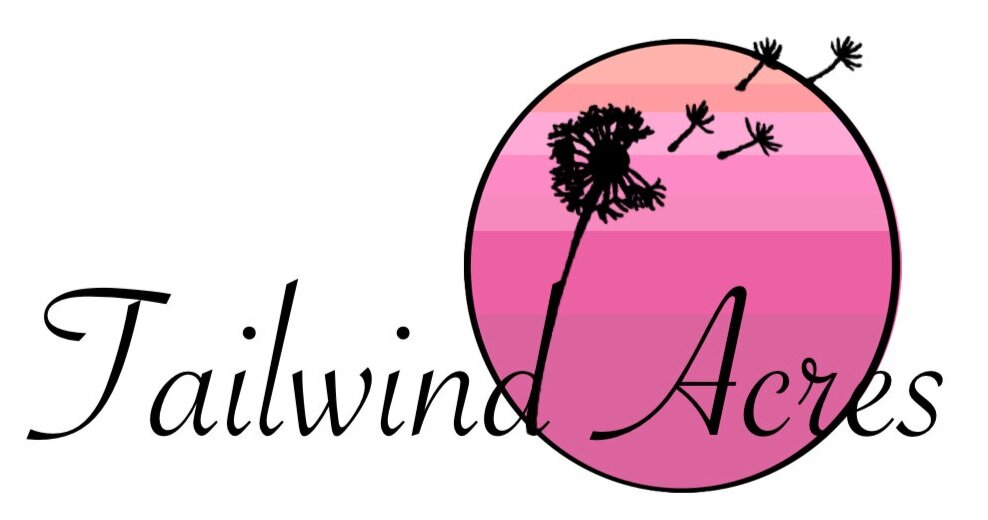Resources
The Fuel:
"Let food be thy medicine, and medicine be thy food."
- Hippocrates
Adam and Flannery enjoy cooking together and find the table as a place to connect and fuel their active bodies. They believe in the power of a good meal. If they had to define what they eat it would be whole foods. If they cannot grow it themselves, they aim to purchase ingredients that are organic and/or locally raised. In the summer they grow their own produce and can or freeze it for the winter months. Although they have separately experimented with a plant-based diet, they now choose to consume animal proteins such as free-range chicken eggs, grass-fed dairy products and meat. Both find they perform well with extra protein and see benefits for muscle repair and recovery, while meat especially helps insure intake of heme iron and B-complex vitamins.
Though neither Adam or Flannery are a registered dietitians they have read extensively on various diets and philosophies, done plenty of scratch cooking, backyard gardening and food preservation.
The Training Plan:
“By failing to prepare, you are preparing to fail.”
- Benjamin Franklin
The attitude amongst most non-runners is..."What is there to know about running? Just run." This false logic explains why the general public is prone to injury and burn out when they decide to start exercising. Training for any sport is multi-dimensional. It can be broken down into the technical skills, aerobic and anaerobic energy systems, and mental training required to reach peak performance. Before training begins, planning should be done by the athlete and/or the coach.
Additionally, inexperienced athletes may fall into the trap of thinking that more is better. To some extent this is true, but oftentimes they mean more of the same thing. A great way to get injured or overtrained is from doing too much too soon along with monotony.
When Adam began studying to become a teacher, he was told that when designing a year-long plan, you should always begin with the end goal in mind. He has applied the same methodology in designing training plans for athletes. Adam has partially adopted the following model from Joe Friel (trainingpeaks.com), but has made it his own over years of study and application.
The elements of an annual training plan include the following: • Goal-Setting • Race Schedule & Priorities • Weekly Training Time • Periodization • Workout Variety



